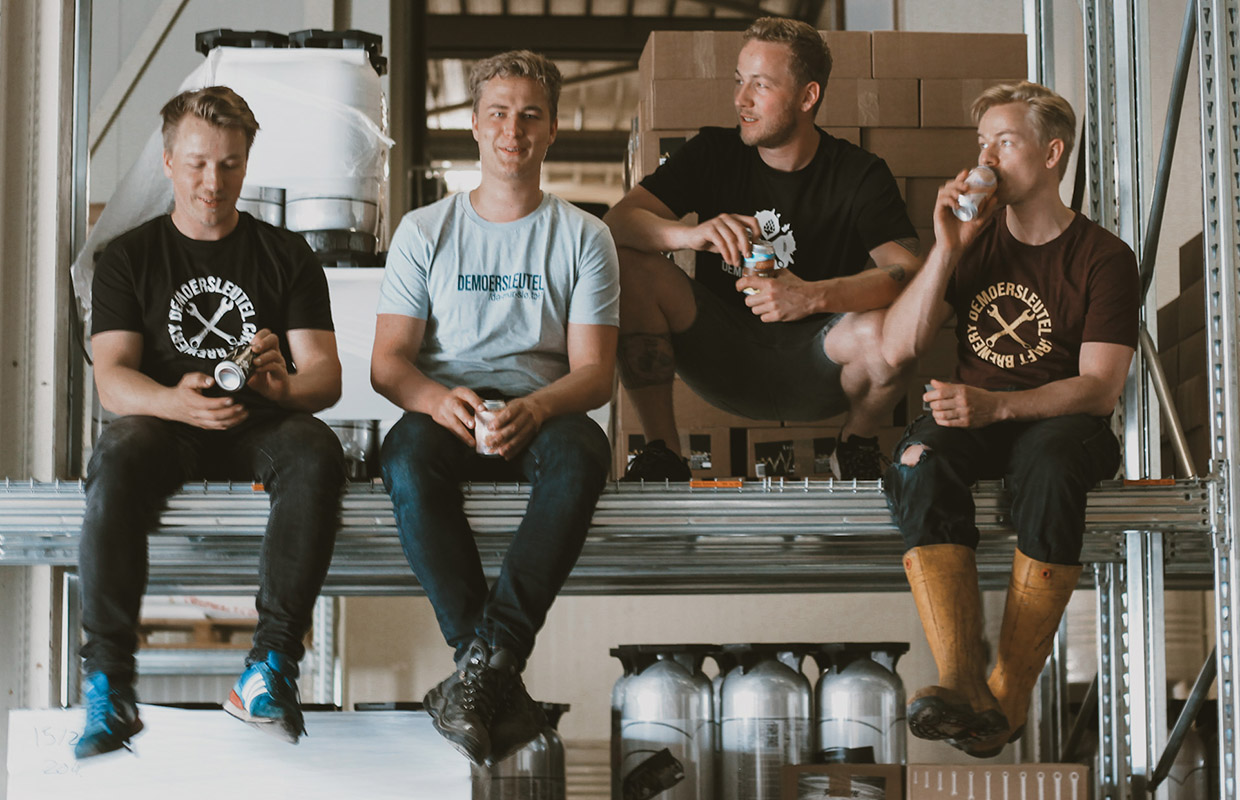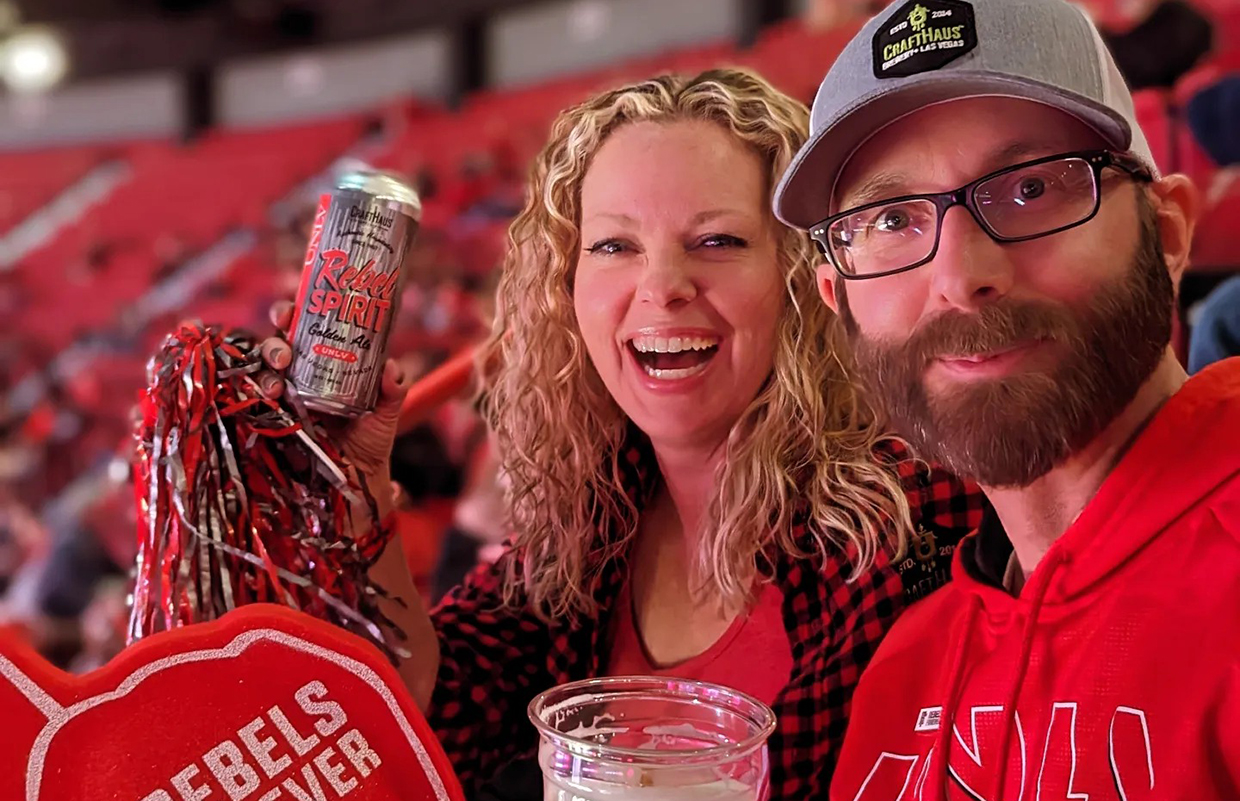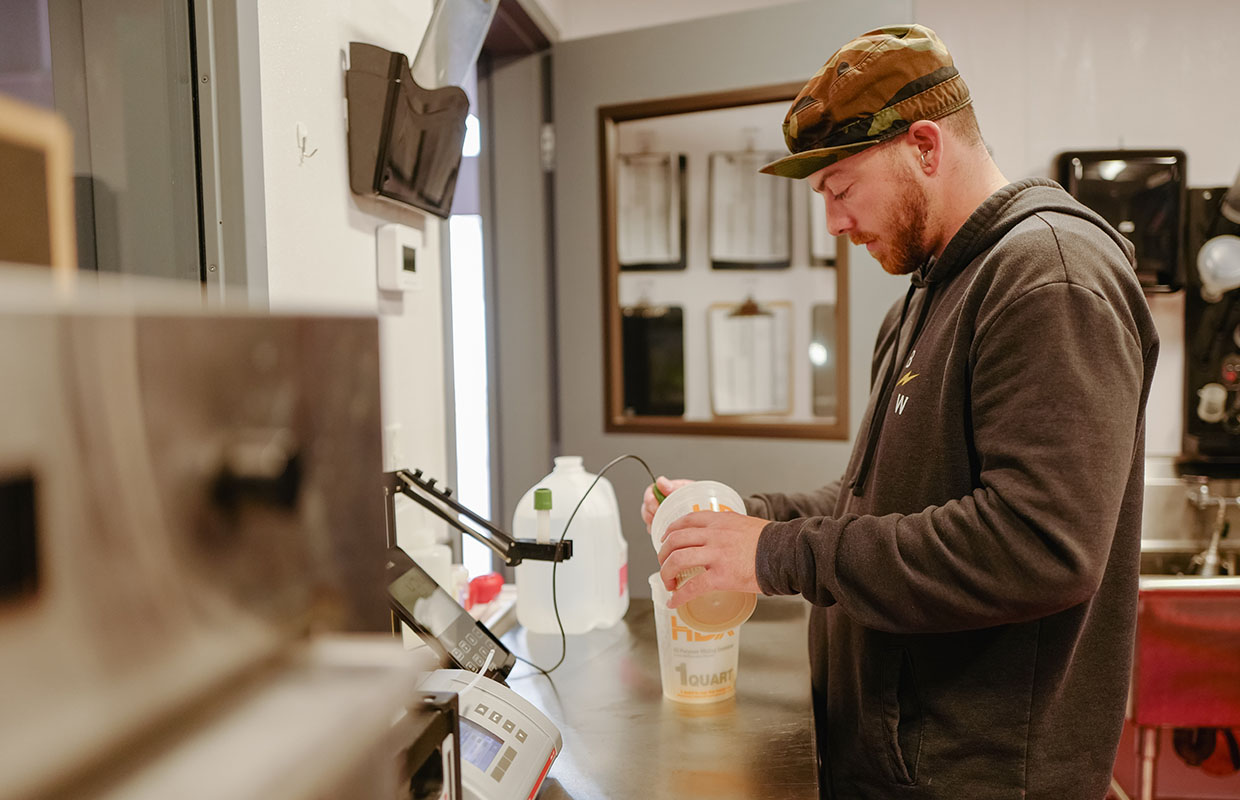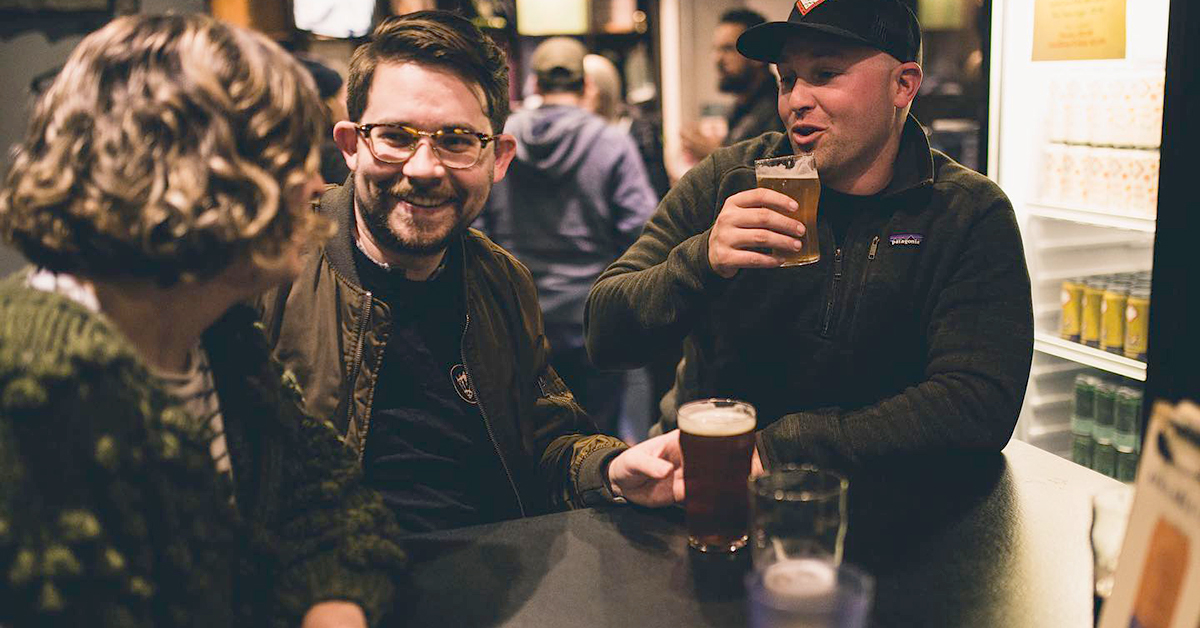
In this series, Brewer will share personal insights from international breweries each week about the craft beer market in other countries, where those brewers get their inspiration, and how the market compares to craft beer in the US.
BREWER: What can you tell me about the history of your brewery? How has your business strategy evolved to help grow and stay competitive?
ZOMERDIJK: We’re Pim, Tom, Rob and Max. Four brothers who founded Moersleutel Craft Brewery back in 2016. At the time, our dad and his friend had their own small brewery and we would brew our own creations when the tanks would be available. Coffee, chocolate, fruit. We experimented with all sorts of flavours. Our first brew for the market actually was a blended imperial stout. Not something for the big crowd, but something we liked to make. To this day we still hold on to this value: We only make beers we like — high in quality and crazy taste. By doing so we’ve been able to grow a big and supporting community and with the help of crowdfunding expanded our brewery vastly. So why beer engineers? We all have a technical background and we use this to our advantage. With our company Zomerdijk Engineering we design and build machines to help small breweries scale up production, including our own.
BREWER: What are the popular beers at your brewery, and how do they compare to the popular styles in your country?
ZOMERDIJK: We are the No.1 Imperial Stout brewers in the Netherlands, 60-70% of our 350HL (about 300 barrels) per month production are heavy stouts/barrel aged. I think the most sold beer in the Netherlands is blond beer.
BREWER: Who is your mentor in the industry and why? What have you learned from them?
ZOMERDIJK: Much of our inspiration comes from the US when we started brewing. Furthermore, de Molen in the Netherlands was one of our sources of inspiration.
BREWER: What idea did you or your team come up with lately that has been a big benefit to how your brewery functions?
ZOMERDIJK: We are currently working on a Mash filter (Meura) this is another system for instead of filtering in a lauter tun this will soon give us a possibility to use many different types of grain from 100% rye to spelt. So that will bring a lot of fun.
BREWER: How has COVID-19 affected your country and your brewery, and how have you had to adapt to restrictions and safety concerns while still being able to produce and sell beer?
ZOMERDIJK: We unfortunately had to close our bar, we converted it to a bottle shop. We also saw a huge increase in online sales. And sales in bottle shops as well. Despite the pandemic, we grew by more than 40% in 2020.
BREWER: If you had one business strategy that you could implement to better the brewing industry in your country, what would it be?
ZOMERDIJK: What I would like to change is that bars can also sell beer to–go, now that is not officially allowed in the Netherlands. Then the bar needs a separate entrance. And that beer can be served in bottle shops so people can drink a beer while shopping.





Be the first to comment